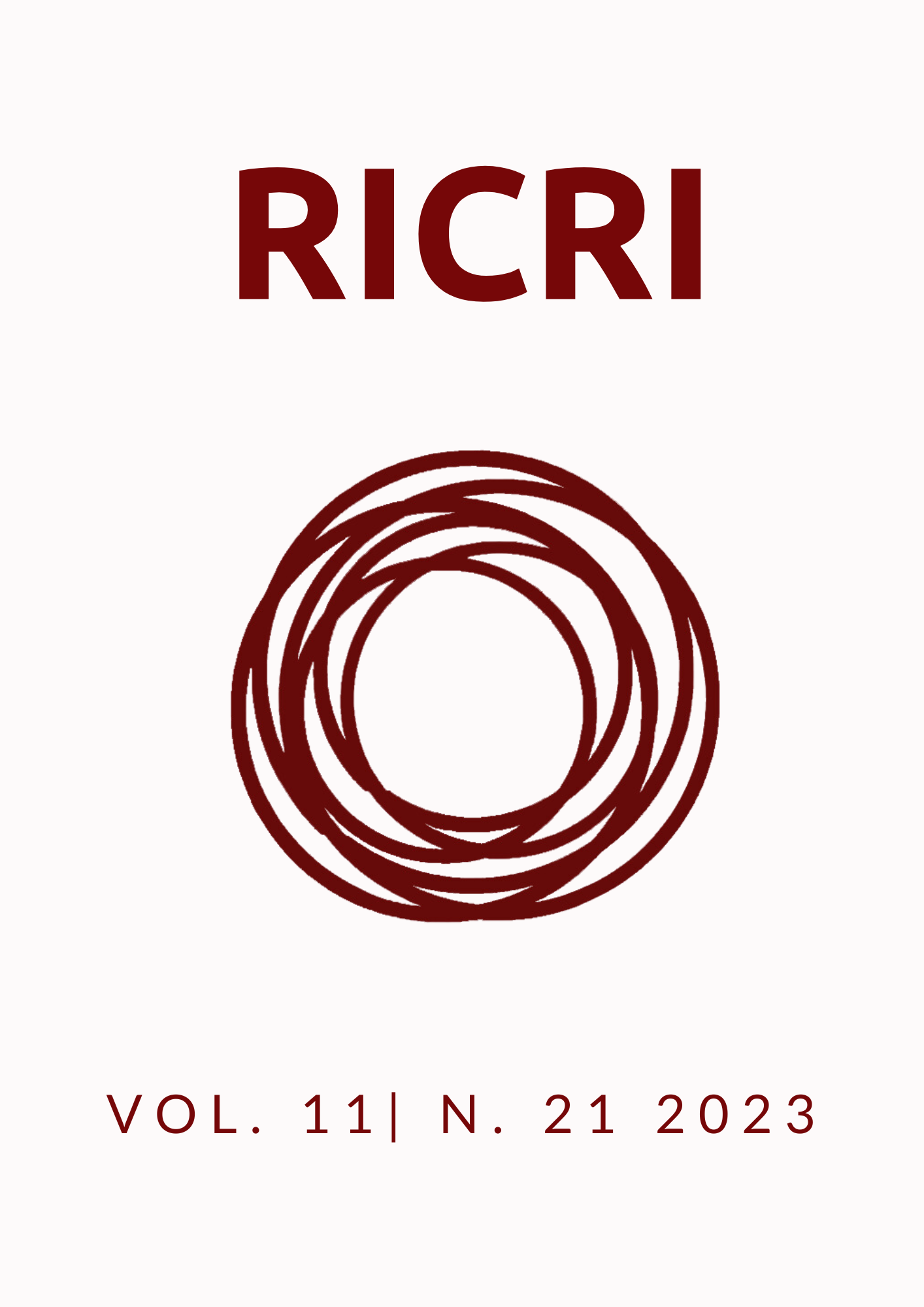The immigrant securitization process: An analysis of Donald Trump's, Viktor Orbán's and Jair Bolsonaro's speeches.
Uma análise dos discursos de Donald Trump, Viktor Orbán e Jair Bolsonaro
DOI:
https://doi.org/10.22478/ufpb.2318-9452.2023v11n21.66864Abstract
This work aims to analyze three case studies on the narratives constructed by political actors and the instruments mobilized by security professionals in the treatment of international migrations and their problems present in the international order. Using the rhetorical materials of three governments and their respective leaders – Viktor Orbán (2010-today), Donald Trump (2017-2020) and Jair Bolsonaro (2019-2022) – it will be explored, through discourse analysis, the migration policies implemented in their respective countries. In the line of this reflection, the theoretical support helps in the understanding that securitization was institutionalized as a political construction, treating immigration through the lens of criminalization. From this perspective, the preliminary results of this research shows a high degree of correlation between migration and security, in addition to racialized and restrictive discourses towards certain groups of immigrants, whose presence is treated as a threat, coming from governments of the so-called alt -right.
Downloads
Published
How to Cite
Issue
Section
License
Copyright (c) 2023 Journal of Scientific Initiation on International Relations

This work is licensed under a Creative Commons Attribution-NonCommercial 4.0 International License.
Authors who publish with this journal agree to the following terms:
a. Authors retain copyright and grant the journal right of first publication with the work simultaneously licensed under a Creative Commons Attribution License that allows for sharing of work with acknowledgment of its initial publication in this journal.
b. Authors are able to take on additional contracts separately for non-exclusive distribution of the version of the work published in this journal (e.g., post it to an institutional repository or as a book), with an acknowledgment of its initial publication in this journal.
c. Authors are permitted and encouraged to post their work online ( eg, in institutional repositories or on their website) at any point before or during the submission process, as it can lead to productive exchanges , as well as increase the impact and citation of published work ( See the Effect of Open Access).




